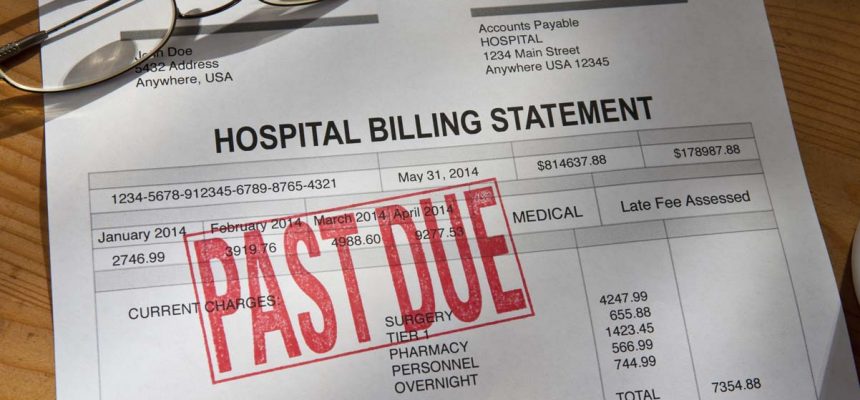Advocacy Group Hopes to Bring Hospital Price Transparency to the Forefront
By Consumers for Quality Care, on January 3, 2024

Patients often lack access to hospital pricing information, and this lack of access, highlighted in a recent USA Today article, is driving America’s medical debt crisis.
In January 2021, the Centers for Medicare & Medicaid Services (CMS) enacted what is known as the Hospital Price Transparency Rule. The rule requires U.S. hospitals to publicly disclose their standard charges for medical services and procedures. It also empowers CMS to levy penalties against hospitals that fail to comply. But according to Patient Rights Advocate (PRA), just 36 percent of hospitals have complied with these federal rules. Additionally, some patients have experienced stark differences in the estimated price they receive before a procedure and the actual cost once they receive the bill.
One such patient, Laurie Cook, needed surgery to remove an ovary. Cook had always taken pride in paying her bills on time, and she requested a written estimate before the surgery. The written estimate she received priced her procedure at approximately $5,500, but weeks later, when she received her bill, it showed a balance of more than $61,000. “It’s an astronomical charge,” Cook said. “And it’s just not fair.”
Cook’s debt has since been sent to a collection agency, which calls her every day in its attempt to collect the unpaid balance. Her “lifetime of good credit” is now in jeopardy because of her medical debt. “People want to be responsible,” she said. “They should have the ability to do so.”
In response to consumer stories like Cook’s, PRA has launched a free database empowering individuals to compare prices across nearly 6,000 U.S. hospitals. PRA hopes these tools will enable consumers to shop around to make informed decisions about their health care while also mitigating the potential risk of going into medical debt.
CQC applauds PRA for working to increase hospital price transparency for consumers. Unfortunately, their database is only as good as the information supplied to them by hospital systems across the country. What’s needed is more oversight to ensure that hospitals release their pricing data in a timely, accessible way. Consumers for Quality Care believes patients should have a right to the information they need to compare costs, and hospitals should be held accountable when they fail to provide this information.




